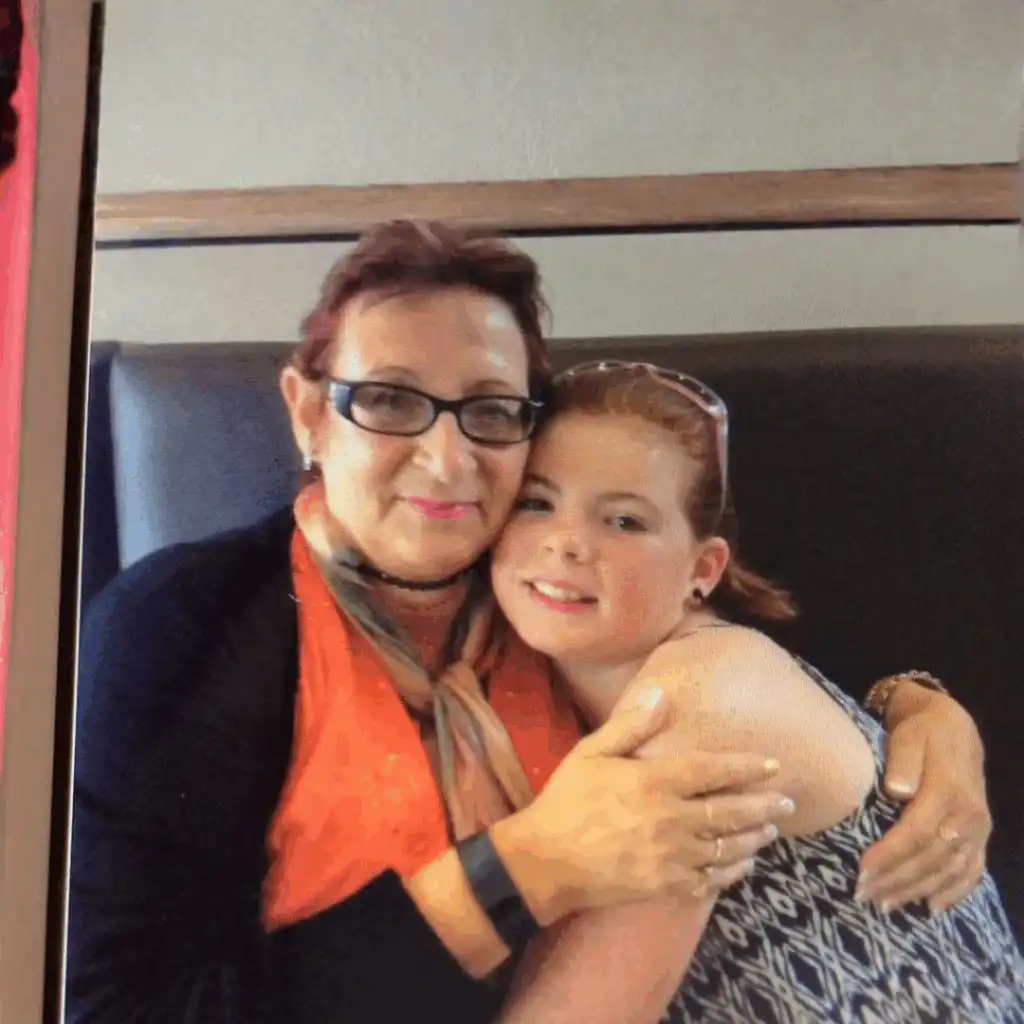Some people have developed healthy and positive coping techniques for dealing with the added stresses of living with a lung condition, while others rely on less healthy and ultimately quite destructive ways of coping.
Healthy ways of coping are not difficult to say or write down and, on the surface, they seem obvious. Yet many of us struggle to incorporate them into our daily lives. Often, we cite lack of time or being too busy when in fact we may be relying on less positive methods to get us through.
Healthy Coping Techniques
- Talking to others: Talking to others about how you are feeling and what you are thinking is a fabulous coping strategy. Many people will try to protect the people they love and care about by not talking to them about the things that worry and trouble them. In most cases, this just makes it harder for all concerned because when people don’t communicate, the other person will usually imagine the worst-case scenario. Both people end up being overly worried or troubled and find themselves bottling it all up. This builds up stress which can result in short tempers, miscommunication about other things and increase feelings of distress.
- Staying engaged with interests and friends: Keeping yourself interested in activities and hobbies that bring you pleasure is another useful and healthy coping strategy. You may need to modify the way you do an activity or include pacing with regular rest periods to reduce fatigue. You may also look for activities or hobbies you have not done before and find new interests. Socialising with people you like should not be undervalued as another great way of releasing stress and helping you to cope when the situation is stressful.

- Pets can help you cope: Depending upon your individual circumstances and lung condition, the companionship and love of a pet, especially one you can pat, is a fabulous way of working through difficult feelings. Our four-legged furry friends are naturals at helping people deal with strong emotions and troublesome situations. Patting a dog or cat and looking into their eyes can help the brain release feel-good chemicals that are natural anti-depressants. Having a dog who likes to go for a walk or have the ball thrown is also a great way to make sure you get out each day and enjoy some fresh air.
“I try to do self-care activities. I find things that soothing and within my limitations. Exercise is so important. Walking the dog really helped motivate me to do it.“ – Anonymous, living with lung cancer.
- Benefits of exercise: Apart from the significant benefit to your physical health, exercise boosts your emotional wellbeing by releasing feel-good chemicals into your body which can help to lift your mood. Other benefits of exercise on your mental health include improved memory and focus, reduced stress and protection against anxiety and depression. Even if you find exercise difficult due to the limitations of your lung condition, getting out in the sunshine and fresh air will help you to cope better and can even improve your sleep. Early-morning sunshine will help to reset your inner body clock and help your brain to regulate the release of a hormone called melatonin, which is important for a healthy sleep/wake cycle.
- Importance of rest for coping with stress: Getting enough rest and sleep is another important and healthy strategy for coping during stressful times. If you have trouble switching off, there are some useful apps with guided meditations, pink and white noise (Calm) and hypnosis (Mindset); or try our mindfulness and self compassion guided practices.
Less Helpful Coping Techniques
There are other strategies that people sometimes use to cope which are less healthy and can become very destructive, including:
- drinking too much alcohol
- smoking cigarettes
- using illicit substances
- gambling
- shutting yourself away and avoiding social contact
- eating junk food.
It is self-explanatory why most of these are not very useful ways to cope. However, for some people, these are the first things they rely on to get through a stressful period, even though they know they may ultimately make them feel worse.
If you notice you are resorting to some unhelpful ways to manage stress and cope, it might be wise to try to share some of the things you are worrying about with someone you are close to and trust; or you could raise the subject with your treating healthcare team. Talking to a mental health professional can also help you develop healthier coping strategies and tools for your emotional first-aid toolbox.
Are you looking for more information about caring for your mental health and wellbeing?
Was this page helpful?
Good job! Please give your positive feedback
How could we improve this post? Please Help us.



